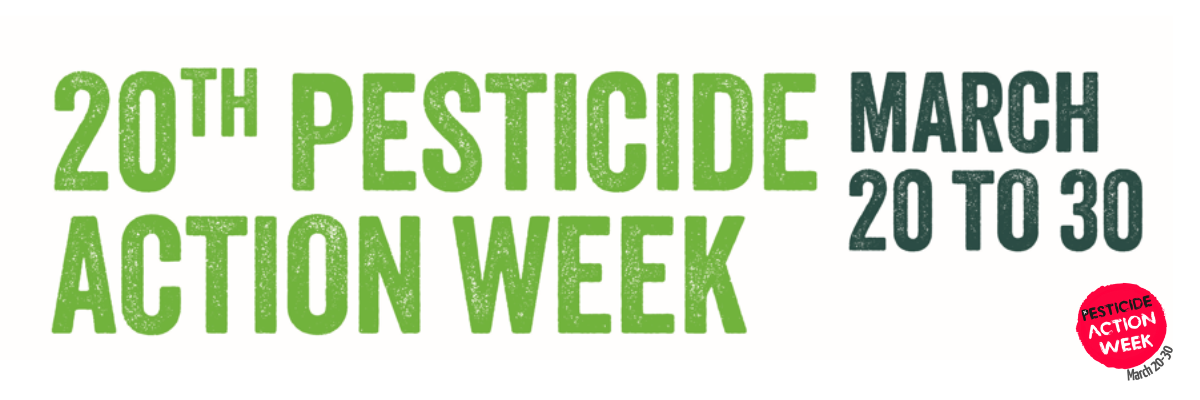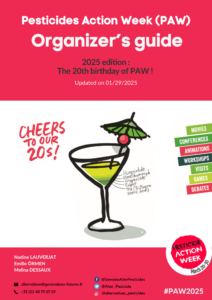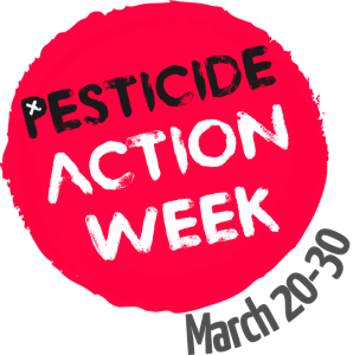What is Pesticide Action Week (PAW)?
Pesticide Action Week is an annual event established in 2006 by the French NGO Générations Futures. Held from March 20 to 30, it aims to promote agricultural practices that are safer for both the environment and human health. These dates are significant, as they align with the arrival of spring and the onset of pesticide spraying in agricultural fields.
PAW currently brings together thousands of events organized by hundreds of volunteers such as citizens, elected officials, and civil society organizations, both in France and abroad. These 10 days allow us, thanks to conferences, workshops, panel discussions, and other events of your choice, to raise awareness about the harmful effects of synthetic pesticides and promote existing alternatives.
What are the objectives of Pesticide Action Week?
- Inform and raise awareness on a large scale about health and environmental risks associated with pesticide use.
- Promote viable alternatives to synthetic chemical treatments in various current sectors of use (agriculture, roadways, green spaces, textiles, etc.).
- Mobilize and unite a wider network of committed stakeholders mobilized for this cause (citizens, civil society organizations, elected officials, etc.).
Pesticide Action WEEK is celebrating its 20th Birthday!
It’s already the 20th edition of Pesticide Action Week! Time flies when you’re fighting for a healthier world…
Although PAW has been around for 20 years, the urgency to promote alternatives to pesticides remains as strong as ever. This issue is increasingly mobilizing the public and civil organizations, who are demanding greater attention to the impacts of pesticides on our environment and health. With more and more harmful substances such as PFAS permeating our ecosystems, it’s vital that we advocate for healthier, safer alternatives.
National and international actions are needed to tackle this challenge, and the 20th anniversary of Pesticide Action Week presents a perfect opportunity to unite across borders for a significant campaign against pesticides!
I want to become a partner of Pesticide Action Week 2025
Civil society organizations can become partners of Pesticide Action Week! Contact us as soon as possible to join the campaign at this email address: alternatives@generations-futures.fr.
I want to become an Organizer of Pesticide Action Week 2025
Citizens, farmers, elected officials, and other organizations can become organizers of Pesticide Action Week by setting up your own event on alternatives to pesticides. Do you garden or grow produce without pesticides? Are you a consumer of organic products? Are sustainable agriculture and food topics of any interest to you? Whether these issues are at the heart of your expertise or you are simply moved by them, get involved with us because you will be the best ambassador for pesticide alternatives!
How to organize an event?
It’s easy! The Pesticide Action Week team provides various resources for organizing your event, and they are all gathered in our Organizer’s guide!
Download the 2025 Organizer’s Guide
And finally, to stay updated on the latest news about alternatives to pesticides, sign up for our newsletter.
HOW TO COMMUNICATE ABOUT PAW ?
To celebrate its 20th anniversary, PAW has come up with a vibrant poster. Please spread it on your social networks, and print it to share it with your community !
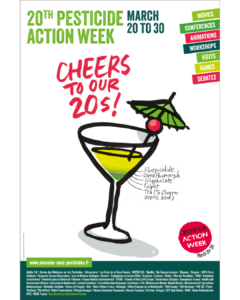
To make it easier for you to communicate about your events, we’ve prepared some pre-formatted visual templates for social networks. All you have to do is click on the link that interests you and follow the explanations. Don’t forget to duplicate your visuals before modifying them, as these files are shared!
- Facebook/Instagram post : download here
- Instagram story : download here
- Bluesky post : download here
OFFICIAL LOGO
You can also watch our video by clicking on the button (subtitles are available, you just need to activate them with the little icon on the right once you are on YouTube).
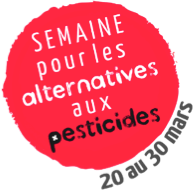
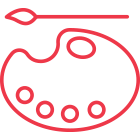 Concours Graines d'artistes
Concours Graines d'artistes
 Bingo de la SPAP
Bingo de la SPAP
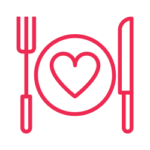 Banquets populaires
Banquets populaires
